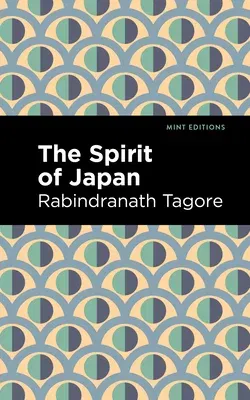Rabindranath Tagore
(Author)The Spirit of JapanPaperback, 12 October 2021

Qty
1
Turbo
Ships in 2 - 3 days
In Stock
Free Delivery
Cash on Delivery
15 Days
Free Returns
Secure Checkout
Part of Series
Mint Editions (Voices from Api)
Part of Series
Mint Editions--Voices from API
Part of Series
Mint Editions
Print Length
22 pages
Language
English
Publisher
Mint Editions
Date Published
12 Oct 2021
ISBN-10
1513215841
ISBN-13
9781513215846
Description
Product Details
Author:
Book Format:
Paperback
Country of Origin:
US
Date Published:
12 October 2021
Dimensions:
20.32 x
12.7 x
0.13 cm
Genre:
Indian
ISBN-10:
1513215841
ISBN-13:
9781513215846
Language:
English
Location:
Berkeley
Pages:
22
Publisher:
Weight:
31.75 gm

